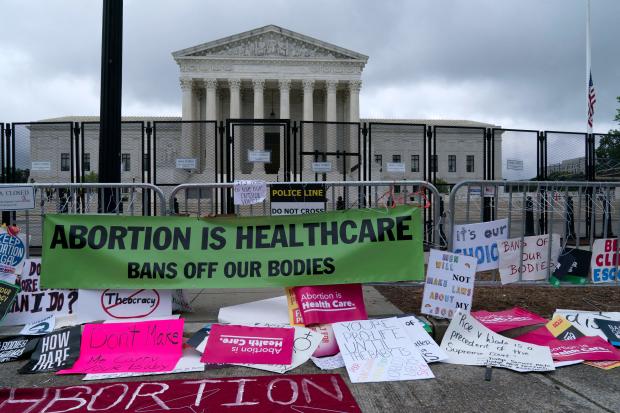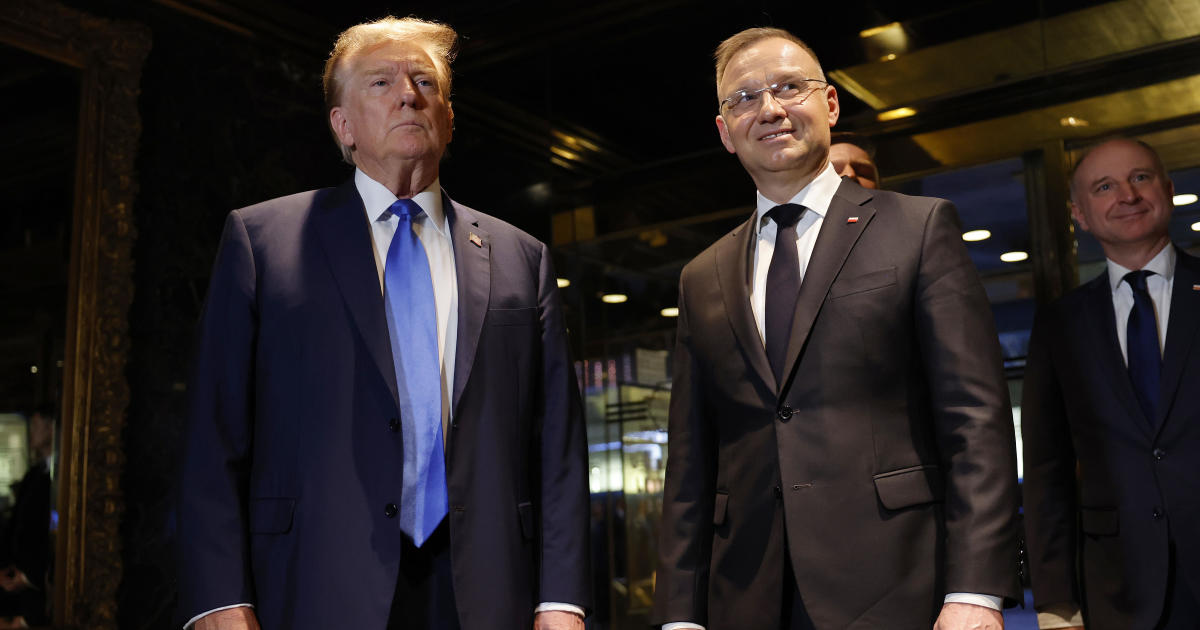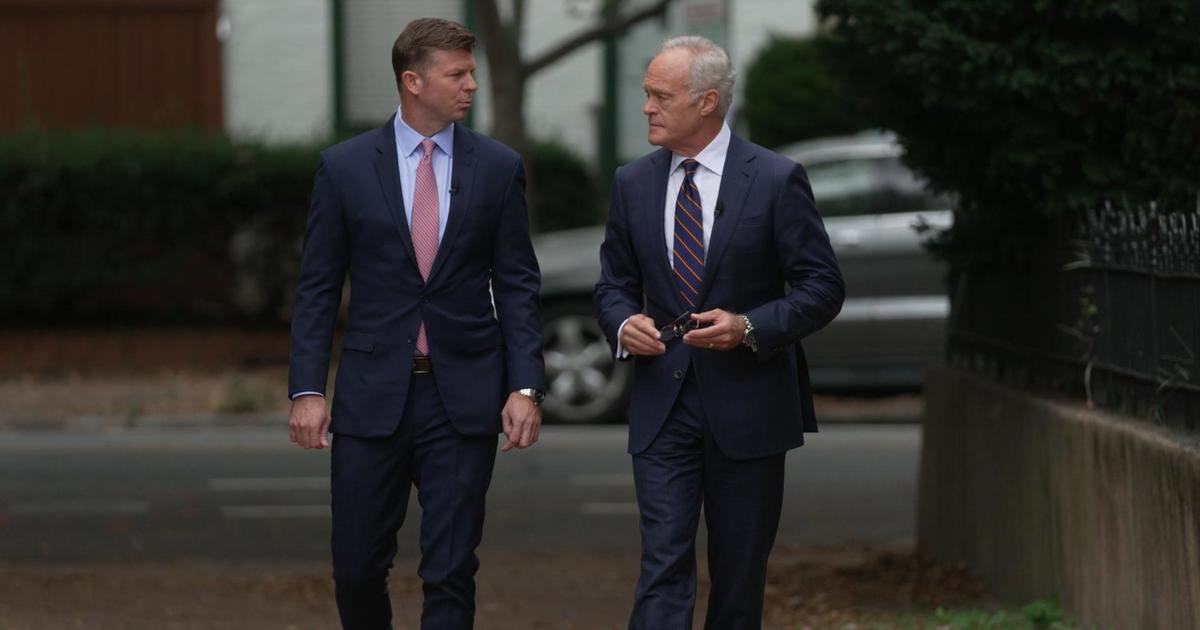Supreme Court seeks funding boost from Congress for security and protecting justices
Washington — Nearly a year after the leak of the Supreme Court's draft opinion in its blockbuster abortion ruling and ensuing protests from the decision last summer, the court has asked Congress for more funding to enhance protection for the justices and to hire new IT security staff.
The budget request from the Supreme Court includes $5.9 million for an "expansion of protective activities," which would cover security measures by the Supreme Court police to protect the justices. It also calls for $6.5 million for physical security improvements to reinforce the building, which is located across from the U.S. Capitol.
The document notes that ongoing threat assessments show "evolving risks that require continuous protection." The additional funding would "provide for contract positions, eventually transitioning to full-time employees, that will augment capabilities of the Supreme Court police force and allow it to accomplish its protective mission."
The Supreme Court's budget proposal also calls for five new IT engineer positions in cybersecurity, software development and network engineering. The court is requesting a total of more than $150 million for fiscal year 2024, which begins Oct. 1 and runs through September 2024.
Concerns about threats to the justices reached their apex in May after the leak of the majority opinion in the case Dobbs v. Jackson Women's Health Organization, which indicated the Supreme Court voted to unwind the constitutional right to an abortion. The court in June would go on to issue its decision in that case and overturn Roe v. Wade, the 1973 decision that legalized abortion nationwide.
Scores of protesters descended on the court after the leak and an eight-foot, unscalable fence was erected around the building. Demonstrators also marched outside the homes of the conservative justices to voice their opposition to the expected reversal of Roe.
Amid the public backlash to the leak, Attorney General Merrick Garland directed the U.S. Marshals Service to provide additional support to ensure the safety of the justices. Garland told the Senate Judiciary Committee last week that 70 marshals were dispatched to protect the justices, including at their homes.
Garland said the enhanced protection provided by the Marshals was crucial to stopping an attack on Justice Brett Kavanaugh in June. A California man allegedly armed with a gun, knife and various tools was arrested outside Kavanaugh's Maryland house and charged with attempted murder after making threats against the justice.
The man, Nicholas Roske, told police he was there to kill a "specific" member of the Supreme Court and was upset in part about the leak of the draft abortion opinion.
After investigating the source of the leak for eight months, the Supreme Court said in January that it has been unable to identify the person behind it.
But Marshal of the Supreme Court Gail Curley, who led the probe, said it was "unlikely" the leak stemmed from a hack of the court's IT systems by an outside entity. Curley conducted 126 formal interviews with 97 employees, as well as with each of the nine justices.
She concluded her report with several recommendations, including that the Supreme Court institute mechanisms to track the printing and copying of sensitive documents, and overhaul its existing platform for case-related documents.




